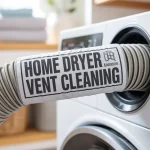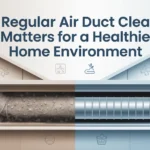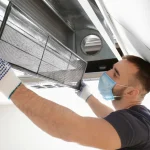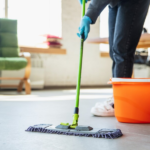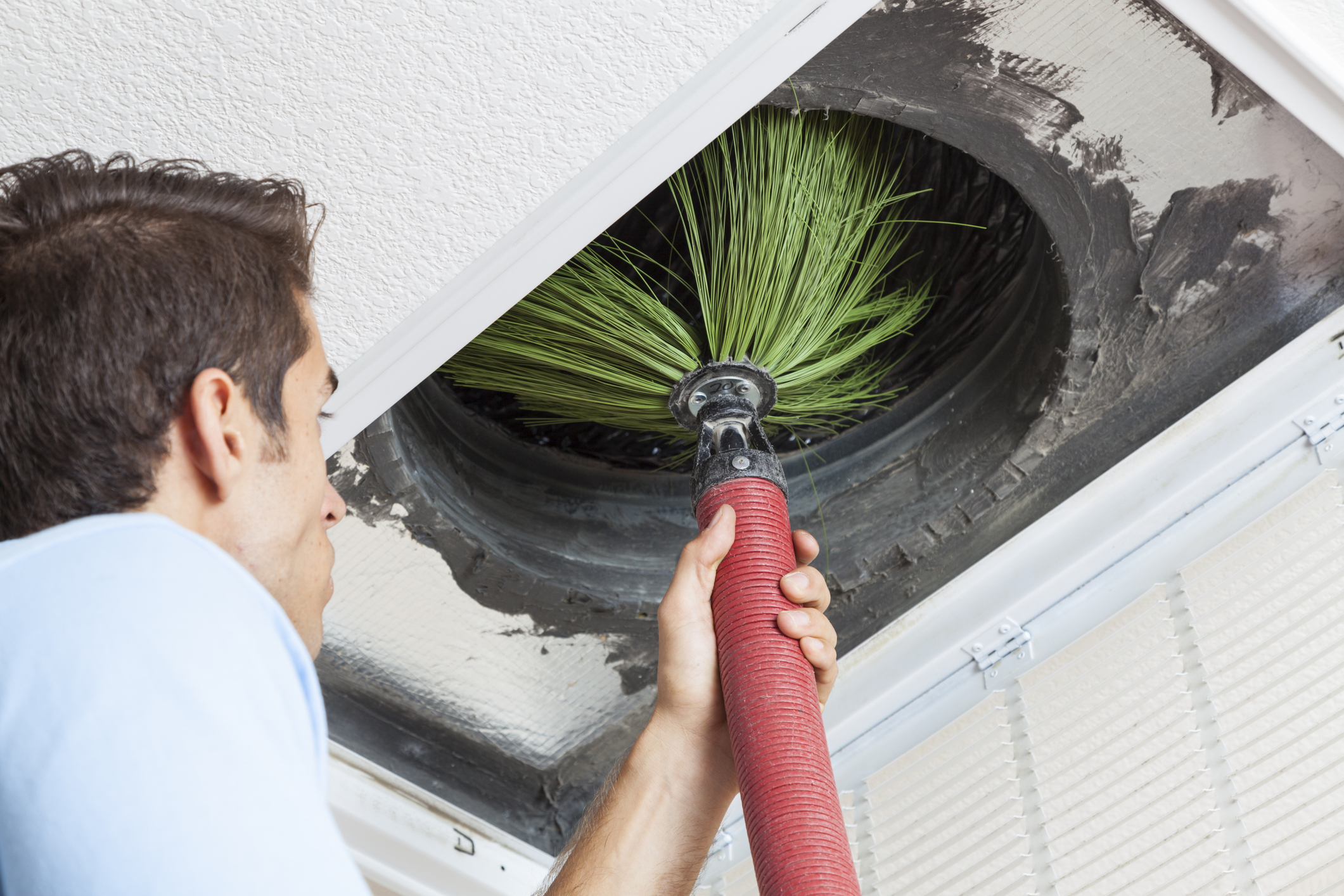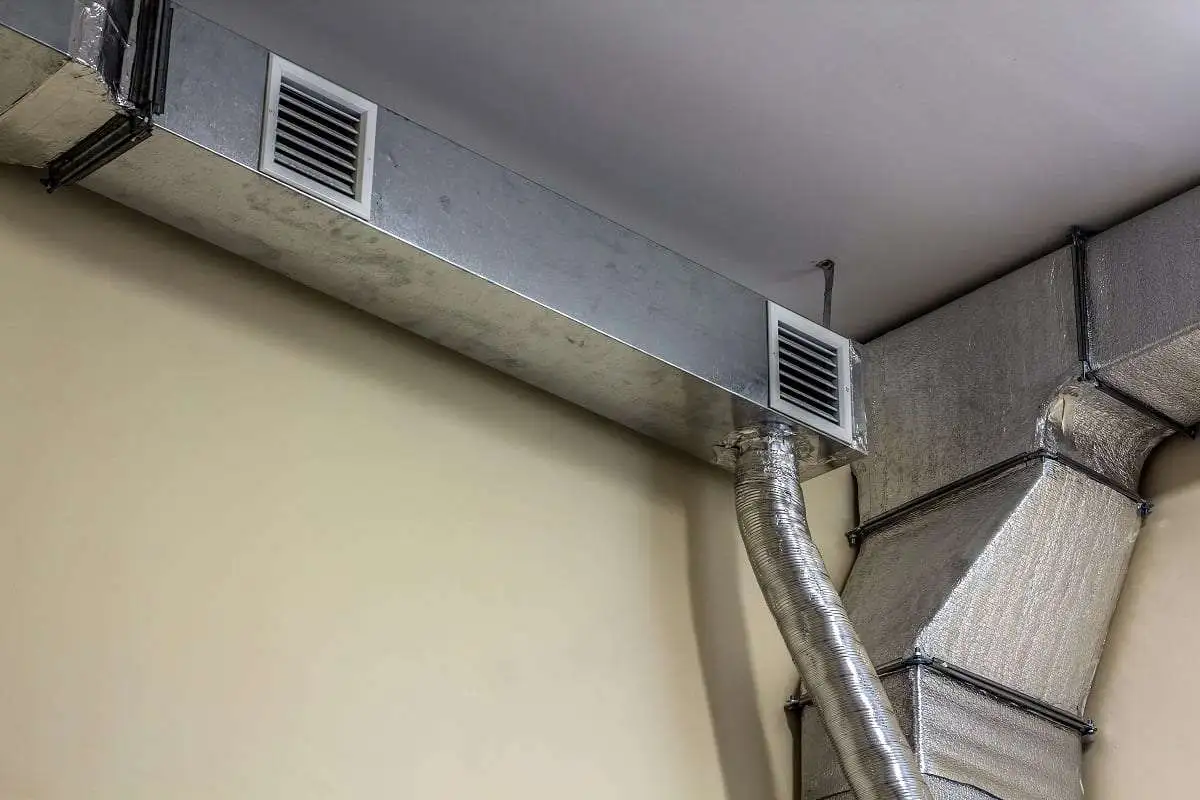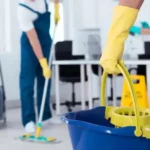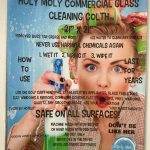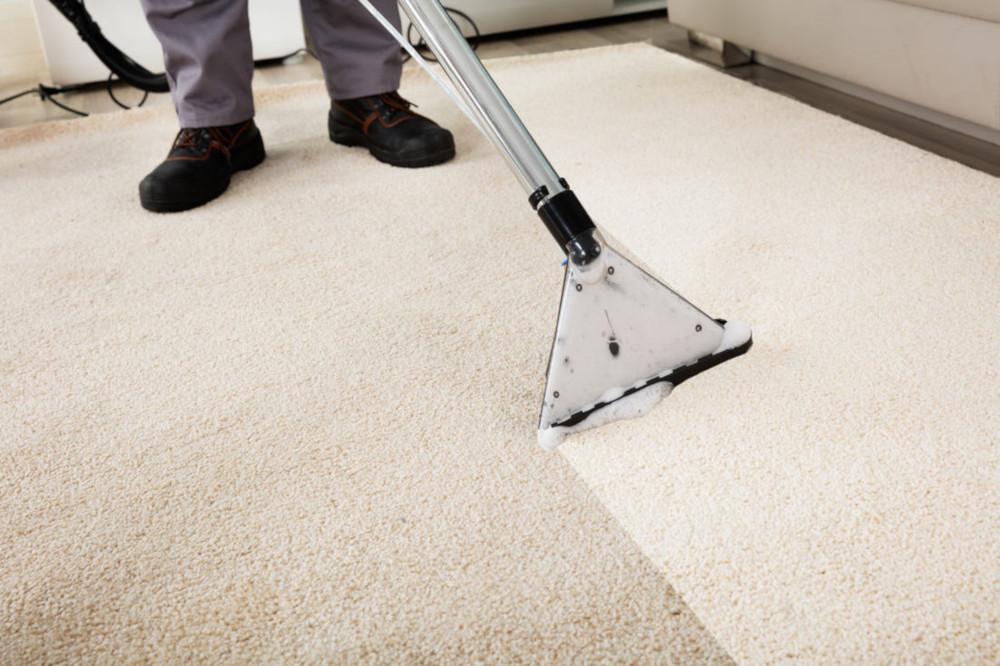Restaurant owners in Virginia Beach face a harsh reality—nearly 40% of food service establishments receive violations during routine health inspections. While most focus on obvious culprits like food temperatures and hand washing, there’s a silent saboteur lurking in plain sight: contaminated air ducts.
The connection between HVAC cleanliness and health department ratings isn’t just theoretical. Reliable commercial air duct cleaning Virginia Beach services have become essential for maintaining compliance, yet many restaurant owners remain unaware of this critical factor until it’s too late.
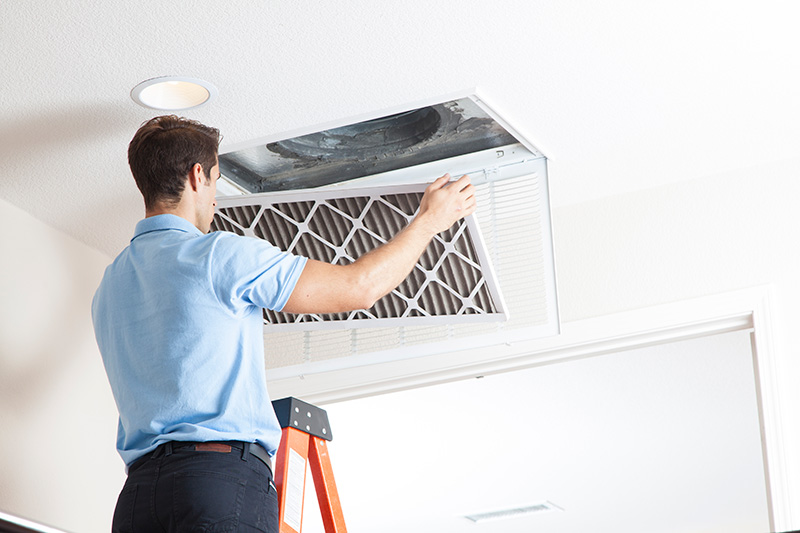
Content
The Invisible Threat Above Your Kitchen
Every day, your restaurant’s air ducts collect a cocktail of grease particles, smoke residue, and food debris. These contaminants don’t just disappear—they circulate through your entire establishment, creating the perfect breeding ground for bacteria like E. coli and salmonella. When health inspectors walk through your doors, they’re trained to recognize the telltale signs of poor air quality that most owners miss entirely.
Virginia Beach’s coastal environment makes this problem worse. The combination of salt air and humidity accelerates contamination buildup, creating conditions that would challenge even the most diligent cleaning protocols. Restaurant kitchens operating near the Oceanfront or in humid areas like Great Neck face particularly aggressive contamination cycles.
What Health Inspectors Actually See
Health department officials don’t just check your walk-in cooler temperatures and employee hand washing stations. They’re looking for visual indicators of air quality problems that directly impact their scoring decisions. Grease accumulation on ceilings, persistent cooking odors in dining areas, and visible contamination around ventilation systems all trigger red flags during inspections.
The Virginia Beach Department of Public Health maintains specific ventilation standards for commercial kitchens, including required air exchange rates and proper exhaust hood specifications. When these systems become clogged with debris, they can’t maintain the airflow necessary to meet regulatory requirements. This creates a domino effect where multiple inspection categories suffer simultaneously.
The Real Cost of Contaminated Air
Failed health inspections carry consequences that extend far beyond temporary embarrassment. Virginia Beach restaurants face fines, potential closure orders, and public posting of violation records that customers can access online. Insurance companies also monitor health department ratings, and repeated violations can impact coverage or premiums.
More importantly, contaminated air systems create genuine health risks for both employees and customers. Staff working in environments with poor air quality experience higher rates of respiratory issues, leading to increased sick days and turnover. Customer complaints about odors or air quality can damage reputation faster than any failed inspection score.
Hidden Violations You’re Missing
Many restaurant owners focus on obvious inspection items while missing air quality factors that inspectors notice immediately. Cross-contamination through HVAC systems represents one of the most serious violations because it affects food safety at the source. When bacteria-laden air circulates from kitchen to dining areas, it creates pathways for contamination that traditional cleaning can’t address.
Mold growth in ductwork presents another serious concern, particularly in Virginia Beach’s humid climate. Health inspectors recognize the musty odors and visual signs that indicate mold problems, even when restaurant staff have become accustomed to these conditions. Once mold establishes itself in air ducts, it becomes nearly impossible to eliminate without professional intervention.
Virginia Beach’s Unique Challenges
The coastal location creates specific air quality challenges that inland restaurants don’t face. Salt air accelerates corrosion of ventilation components, while high humidity levels promote faster bacterial and mold growth. Seasonal weather patterns also impact air quality, with summer humidity and winter condensation creating year-round contamination risks.
Local health department inspectors understand these environmental factors and adjust their expectations accordingly. They know that Virginia Beach restaurants must work harder to maintain air quality standards, which means they’re particularly vigilant about signs of inadequate ventilation maintenance.
Building Your Compliance Strategy
Smart restaurant owners treat air duct cleaning as preventive compliance rather than reactive maintenance. Universal Duct Cleaning has helped numerous Virginia Beach restaurants maintain consistent health department ratings through proactive HVAC maintenance programs tailored to the coastal environment.
The key lies in establishing regular cleaning schedules that address contamination before it becomes visible to inspectors. High-volume kitchens may require quarterly cleaning, while smaller operations can often maintain compliance with annual service. The investment in professional cleaning typically pays for itself through avoided violations and improved operational efficiency.
Beyond Compliance: The Business Advantage
Clean air ducts provide benefits that extend beyond regulatory compliance. Improved air quality creates better working conditions for staff, reducing turnover and sick days. Customers notice the difference too—restaurants with clean air systems maintain fresher environments that enhance the dining experience.
Energy efficiency improvements from clean HVAC systems can reduce utility costs by 15-20%, providing ongoing financial benefits that help justify maintenance expenses. Equipment longevity also improves when systems operate without contamination-related strain.
Taking Action Before Your Next Inspection
Restaurant owners can’t afford to wait until problems become visible to address air quality issues. The time to act is before your next scheduled inspection, when you can address contamination proactively rather than reactively.
Professional assessment of your current air quality situation provides the foundation for developing an effective maintenance strategy. Understanding your specific contamination patterns and environmental challenges allows for targeted solutions that address Virginia Beach’s unique coastal conditions.
The choice is clear: invest in proactive air quality maintenance or risk the consequences of failed inspections. In Virginia Beach’s competitive restaurant market, maintaining consistent health department ratings isn’t just about compliance—it’s about protecting your business’s reputation and long-term success.

Christine Kelley is a dedicated home blogger who has been blogging for over six years. She covers everything home related. Christine also loves writing posts about her travels to Europe with her husband and two children.

